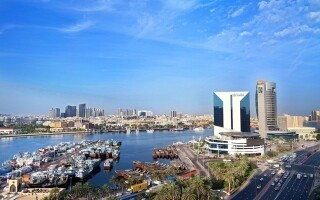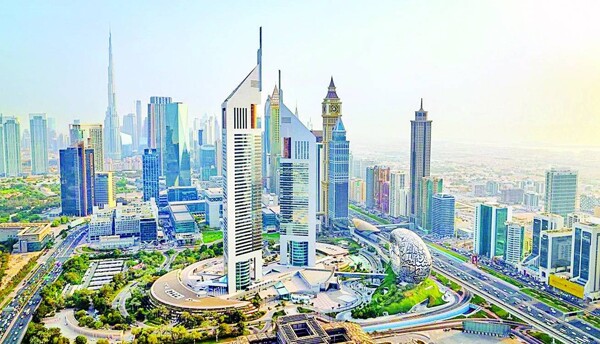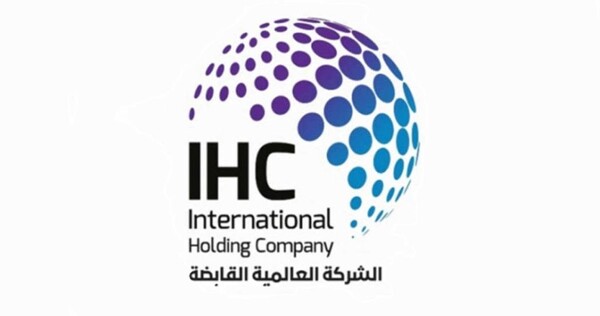
The Dubai Chamber of Commerce and Industry in the first quarter of the current year reviewed ten laws and projects of laws together with business associations. The percentage of approval recommendations for the private sector was 55%. There were 55 meetings held with business associations and councils, including annual general group meetings and councils with a growth of 166% compared to the analogous period of last year.
The export and re-export volume of members of the Dubai Chamber of Commerce, one of three chambers operating under the aegis of the Dubai Chamber, in the first quarter of the current year amounted to about 86 billion dirhams, which signifies a growth of 16.8%.
During this time, the chamber conducted 4 meetings between business associations and entities; additionally, this quarter saw the establishment of Indian and Hungarian business councils. A total of 45 deals were accepted on average, summing up to 7.3 million dirhams, an increase of 50% in quantity and 232% in total deal value.
The overall number of participants in events on business contacts conducted by the chamber increased by 17% and reached 1,617 people. Ten informational events on legislation were also organized, in which 587 representatives from private companies from different sectors participated.
During the first quarter, 204,240 certificates of origin were issued with a growth of 7%, as well as 1,656 temporary import permits for goods totaling around 984 million dirhams. 18,160 new companies joined the chamber.
Export-import operations with 28 local companies in new global markets increased by 75% compared to 16 companies in the analogous period of last year. The chairman of the chamber's board of directors, engineer Sultan bin Saeed Al-Mansouri, stated the continuation of efforts to enhance the capability of the private sector in Dubai to grow in local and international markets.
He highlighted that the chamber is committed to supporting economic development, strengthening the competitiveness of the business environment in Dubai, and fostering constructive partnerships between the public and private sectors aimed at sustainable and flexible economic models capable of adapting to changes and forecasting future opportunities.














